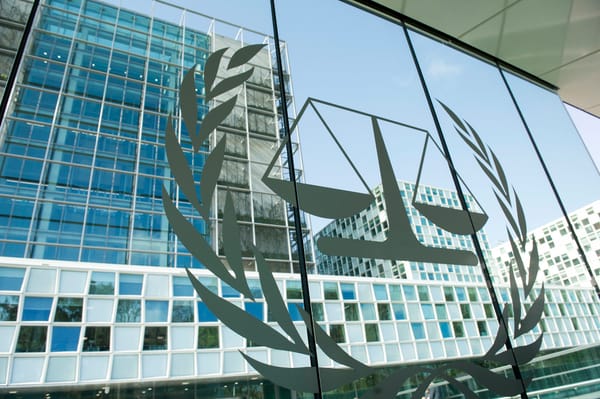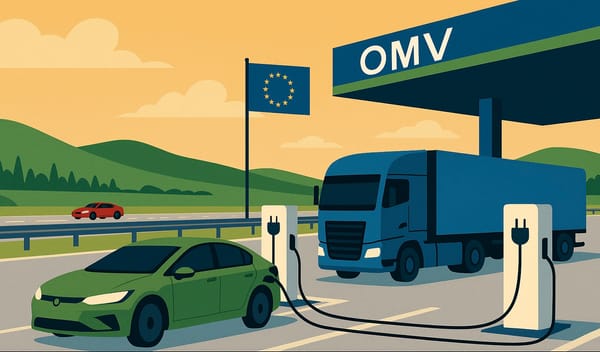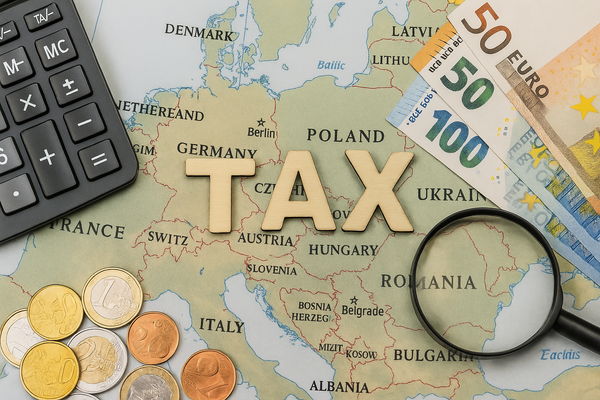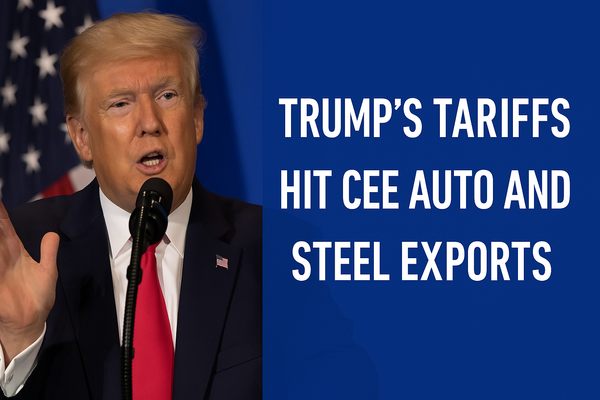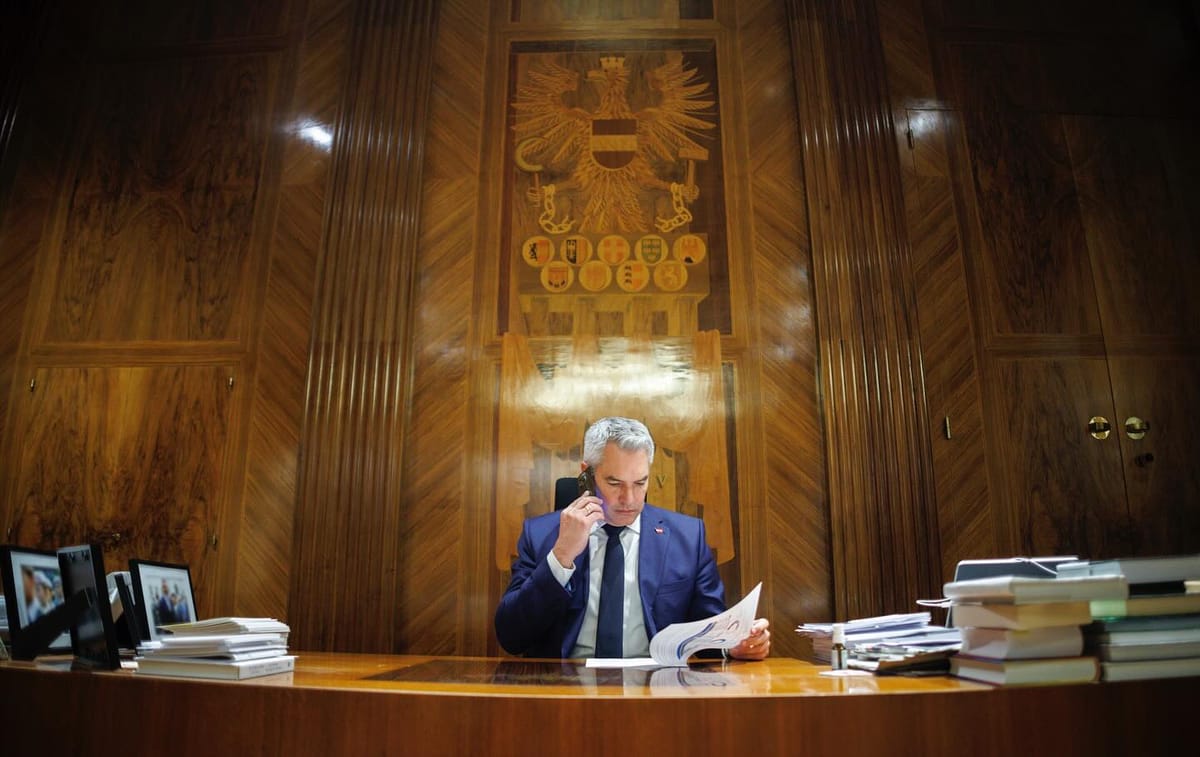
Austria remains in political limbo after coalition talks collapse, chancellor to quit
Austria could be set for snap elections after Chancellor Karl Nehammer said he will resign both as chancellor and the leader of the conservative People’s Party (OVP) “in the coming days”. He made the announcement on Friday, 3 January 2025, after the failure of lengthy negotiations with two other mainstream parties about forming a coalition government that did not include the far-right Freedom Party (FPO).
Mainstream parties search in vain for common ground
Nehammer said the OVP and the centre-left Social Democrats (SPO), had not reached agreement on key issues nor on forming a governing coalition. He wrote on Facebook: “We negotiated at length, and reasonably, but no agreement is possible on key issues with the SPO. The OVP stands by its promises: we will not back anti-competitive economic measures or new taxes. Therefore, we have ended the negotiations with the SPO, nor will they resume.”
The SPO expressed regret over Nehammer’s decision, warning of the dangers of a possible FPO-OVP government. The liberal NEOS also pulled out of the discussions on Friday, and accused the OVP and SPO of lacking courage and leadership.
NEOS Federal Chairwoman Beate Meinl-Reisinger said on Facebook that “the failure of Black-Red confirms what we have experienced in the negotiations: the OVP and the SPO are unfortunately unable to overcome their old wounds and create a shared vision for this country.
“The swift collapse (of the talks) vindicates our decision to abandon the negotiations due to the lack of reform measures. We NEOS are responsible for those who want change and expect an outlook beyond the next election day. We greatly respect Karl Nehammer’s decision to resign: even his individual efforts and reasonable words could not break the entrenched ‘black and red’ structures,” Meinl-Reisinger added, referring to the OVP and SPO, mainstays of Austria’s post-war politics.
The centre cannot hold
Austria’s political landscape has been in flux following a general election last September that saw the FPO win the largest share of votes (28.8%) but fail to secure coalition allies. The OVP and SPO won 26.3% and 21.1% respectively.
The FPO’s Eurosceptic, pro-Moscow platform, coupled with its controversial history rooted in post-war Nazi networks, has left it politically isolated. For the FPO, September represented an unprecedented victory, although the party’s rivals immediately ruled out the idea of a coalition with FPO leader Herbert Kickl, citing concerns over democratic integrity, the rule of law, and the party’s ties to extreme ideologies.
Austrian President Alexander Van der Bellen sidelined the FPO and invited Nehammer to form a coalition. A former Green Party leader and vocal critic of the far-right, Van der Bellen emphasised Austria’s need for a “stable government with integrity”, using its constitutional mechanisms to protect democratic norms. However, efforts to form a centrist coalition, including the liberal NEOS, who gained 9.1% of the vote in September, have now unequivocally failed.
Meanwhile, the FPO has capitalised on voter sentiment regarding immigration and inflation. Recent polls show the far-right party leading by 15 percentage points, heightening concerns over populism in Austria. Kickl’s rhetoric, including his self-styled monicker Volkskanzler, associated with Adolf Hitler, and his admiration for Hungarian Prime Minister Viktor Orban have strengthened the FPO’s appeal for disenchanted Austrians, but alienated mainstream voters.
Austria’s pro-EU role imperilled
Austria’s political deadlock also reflects Europe’s fragmented politics and rising populist movements, and the difficulty of maintaining cohesion in polarised societies, with the fractious three-party coalition of German Chancellor Olaf Scholz serving as a cautionary tale.
As Van der Bellen prepares to name the next chancellor, the impasse underscores the challenge of balancing dissatisfaction with democratic principles: as well as its domestic politics, Austria’s response could shape its role as an EU player.
Meinl-Reisinger commented: “Austria needs real renewal; on pensions, healthcare, federalism, and education policy. All we’ve heard on these points this week has been ‘no, no, no’, but we are ready to support the compromises we found together,” she added.

